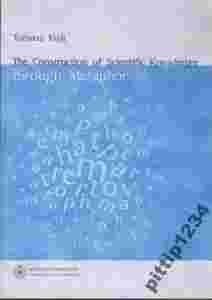The Constru. of Scieni. Knowledge through Metaphor

Aukcja w czasie sprawdzania była zakończona.
Cena kup teraz: 29 zł
Użytkownik pittip1234
numer aukcji: 2042393217
Miejscowość EŁK
Wyświetleń: 14
Koniec: 14-01-2012, 8:43
Dodatkowe informacje:
Stan: Nowy
Okładka: miękka
Rok wydania (xxxx): 2009
Kondycja: bez śladów używania
Język: angielski
